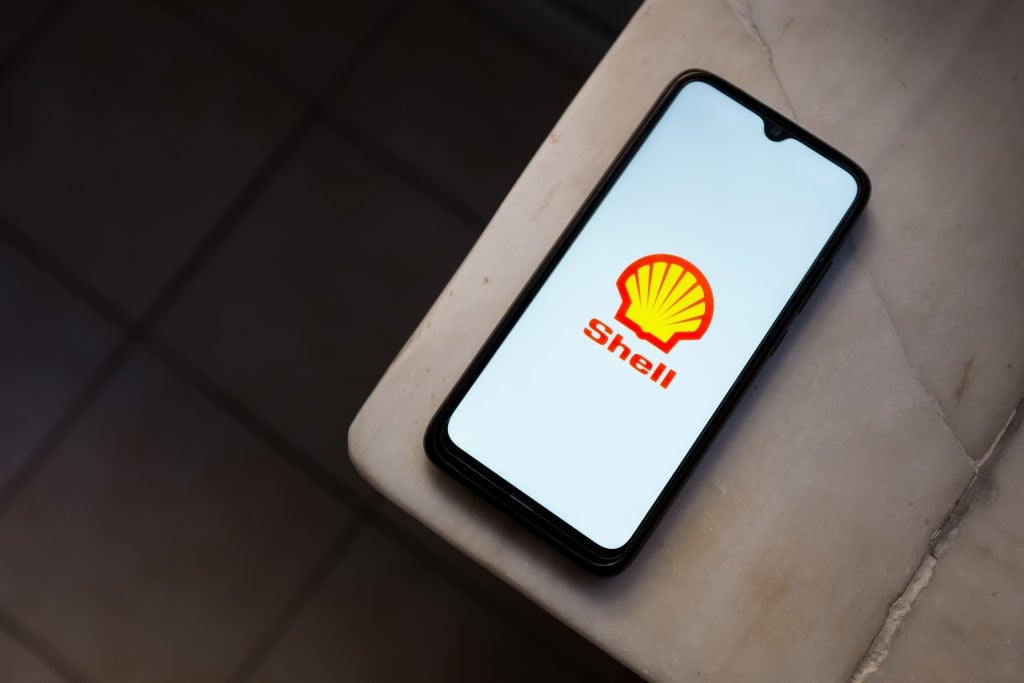Nikolas Kokovlis/NurPhoto via Getty Images
Shell has agreed to sell its Singapore refining and chemicals assets to a joint venture between commodity trader Glencore and Indonesia’s PT Chandra Asri Pacific.
As part of the transaction, Shell will transfer all of its interest in Shell Energy and Chemicals Park Singapore, which comprises refining and chemicals assets on Bukom and Jurong islands, to the JV, it said in a statement on Wednesday. That confirmed a Bloomberg News report from last week.
Financial details of the deal were not disclosed, although people familiar with the matter have said it could be worth about $1 billion. Jefferies said the value of the deal was likely to be lower, estimating $300 million to $500 million.
READ | Shell’s SA exit ‘no surprise’ as firms want a return on investment, experts say
“The lack of disclosure of the monetary consideration for the deal suggests that the proceeds should be limited,” Giacomo Romeo, an analyst at Jefferies, said in a note.
The plant on Bukom island, opened in 1961, was Singapore’s first oil refinery. Shell opened the plant just before the country’s independence, and the site was developed in lock-step with the city-state as it became one of the world’s most important commodity-trading hubs. The oil major said it remains committed to Singapore as a regional hub for its marketing and trading business.
READ | Shell is exiting other countries too, and many foreign firms want a piece of SA, says Patel
Shell’s Singapore assets include a refinery capable of processing 237 000 barrels of oil a day, a facility on Jurong Island that produces monoethylene glycol and an ethylene plant on Pulau Bukom.
After several years of bumper profits, the world’s top commodity traders such as Glencore and Vitol Group have been investing in downstream assets to broaden their businesses. Glencore reported core earnings of $17.1 billion last year. While that was half the number it posted for 2022, it remains one of its best-ever earnings.
Shell started a review of its energy and chemicals assets on Bukom and Jurong islands last year, after dropping plans to convert the site into a biofuels plant — part of an earlier push to meet emissions targets. The company’s Bukom facility is “by far the weakest integrated refinery-petrochemical site” in its portfolio, Wood Mackenzie analysts said in a report in September.Earlier, a number of companies were circling the storied oil refinery including China’s state-owned Sinopec.
